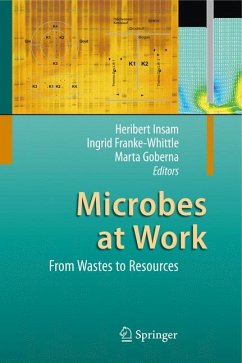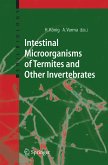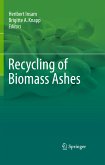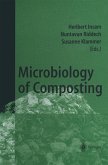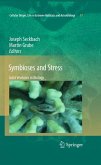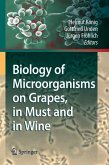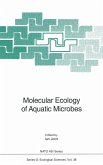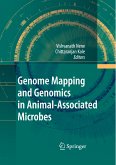The sixteen chapters of this book summarize the advantages and disadvantages of treatment processes, whether they are aerobic like composting or work without oxygen like anaerobic digestion for biogas (methane) production. These chapters show the potential of microorganisms to create valuable resources from otherwise wasted materials. These resources include profitable organic, humus-like soil conditioners or fertilizer components which are often suppressive to plant diseases. Composts may thus improve soil carbon sequestration, or support sustainable agriculture by reducing the need for mineral fertilizers or pesticides. If anaerobic digestion is used, the biogas produced may replace fossil fuels. Thus, proper biological waste treatment with the help of microorganisms should contribute to a reduction of anthropogenic greenhouse gas production.
Dieser Download kann aus rechtlichen Gründen nur mit Rechnungsadresse in A, B, BG, CY, CZ, D, DK, EW, E, FIN, F, GR, HR, H, IRL, I, LT, L, LR, M, NL, PL, P, R, S, SLO, SK ausgeliefert werden.
Hinweis: Dieser Artikel kann nur an eine deutsche Lieferadresse ausgeliefert werden.
"The work highlights different aspects of microbial composting and anaerobic digestion of organic waste materials. Each of the 16 chapters, contributed by experts in the field, is well written with numerous excellent references and cutting-edge information. ... The figures and tables aid in the understanding of the material. Though the work is geared toward researchers in the field, it can be used in graduate-level courses on the topic. Summing Up: Recommended. Graduate students through professionals/practitioners." (M. E. Lenczewski, Choice, Vol. 48 (1), September, 2010)

